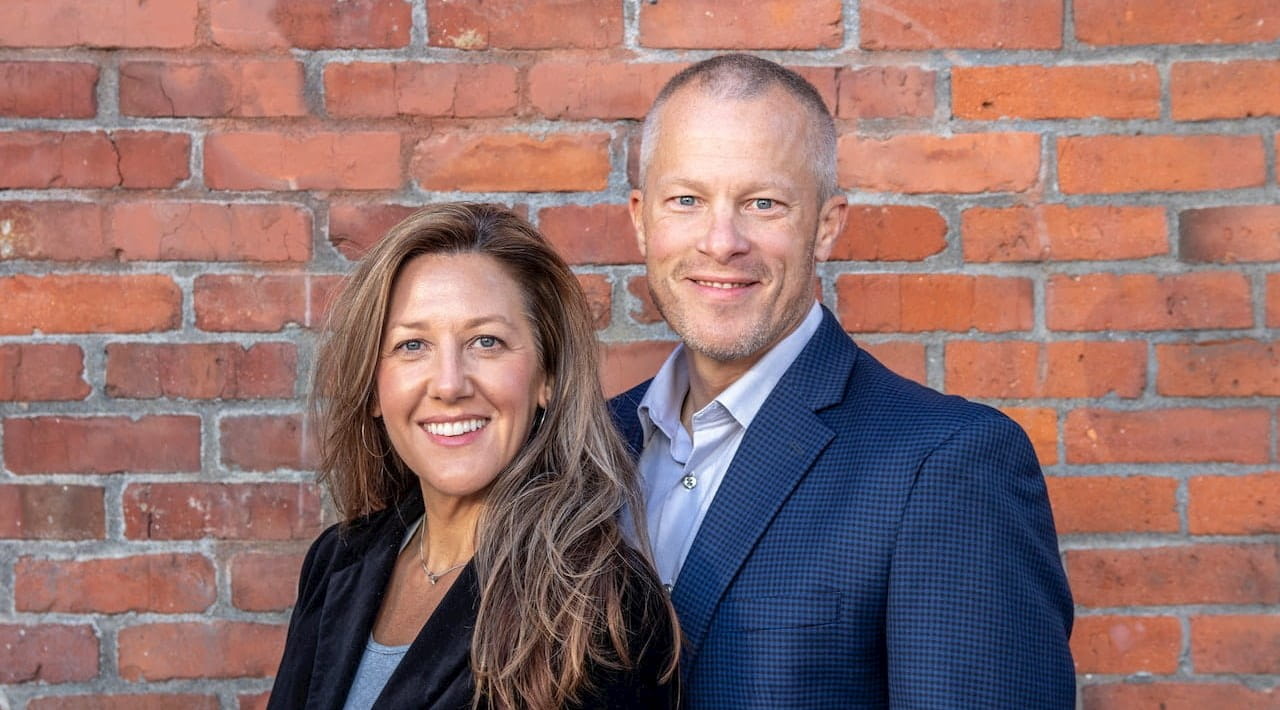Impact investors have, to some degree, led the thinking on what good sustainability reporting looks like. They’ve had to define what makes an impactful investment. The Global Impact Investing Network has been using the IRIS+ taxonomy since they published it in 2019. It is now aligning with the International Sustainability Standards Board (ISSB) as it prepares to finalise its first standards.
Net Purpose offers a platform for impact and sustainable investors to benchmark fund performance against sustainability goals by creating the data infrastructure needed to do so. It collects data points that map to all the standards currently in place, including the Sustainable Development Goals (SDG), Sustainability Accounting Standards Board (SASB), Global Reporting Initiative (GRI), Sustainable Finance Disclosure Regulation Principle Adverse Impact (SFDR PAI) indicators and the aforementioned IRIS+.
“We map them all together so that investors can see the common metrics across all of them,” explains Net Purpose founder and CEO Sam Duncan. “You can actually see the clean lines in that analysis of what you should be measuring. Then we also map that to the evolving guidance of the ISSB.”
The definitions of sustainable and impact investing are also being considered at the moment through regulation in Europe, the UK and the US. Other countries are moving to legally define it as well. Essentially, while impact investment puts equal weight on financial return and social or environmental objectives, sustainable investment takes sustainability as a factor, but with financial returns still the main objective. These create funds that individuals, institutions and pension funds can invest in.
One of the trickiest things about this type of investment, when compared to a standard financial one, is the potential complexity of the data. Financial returns are very simple to read; if you can see an increasing financial return, that company seems like a safe bet.
With sustainability reporting, the important metrics really depend on your primary objective, which could be climate impacts, gender equity, diversity, health, water use, waste, biodiversity – the list goes on. It can be tricky for more traditional investors, despite their knowledge and capability when looking at company data. It doesn’t help that there is no unified way of presenting this information.
“Sometimes you’ll find numbers in tables, sometimes you’ll find it in graphs, sometimes you’ll find it in text. So extracting that information out of reports, and doing so accurately, can be quite difficult,” says Duncan. “We have standards that are a tabular form with units and years and time periods, like we do with financial information.”
There is renewed momentum for sustainable and impact investment at the moment, Duncan explains. Last year, Bloomberg’s reporting on the issues with ESG as a way to measure sustainability performance – they really measure financial risk around environmental issues – pushed investors to ask more of companies they considered for investment, helping to drive improvements in disclosures. Now, ISSB is bringing the various constituent standards (GRI for listed companies, IRIS+ for private market investors, SDGs for governments, etc) and bringing them together around a set of common metrics.
Companies are already doing better with sustainability data than people often expect, says Duncan: “Companies are putting an enormous effort into publicly disclosing performance on these indicators. It’s not perfect yet, and it’s not fully audited, but investors value seeing what's out there.”
Major data gaps currently exist around the environmental impacts of products and services. It’s not easy to calculate the CO2 impacts of shipping a product, for example, as the size, weight and means of shipping will vary wildly from product to product. But like all environmental impact data, people are figuring it out, Duncan explains: “It’s about not letting perfection be the enemy of progress. There are inferences you can make from the existing data. Yes, there are gaps – in particular around supply chain and Scope 3 emissions [from activities not owned or controlled by the organisation reporting the data] – but it’s improving. And we’ve got to start somewhere.”
- Net Purpose will take part in a panel at ICAEW’s Corporate Reporting Conference.
Pensions and Personal Finance
Amid an ever-changing economic landscape, pensions and personal finance are facing new risks, demands and opportunities. We take a closer look at these shifts and how those in the profession can respond.




